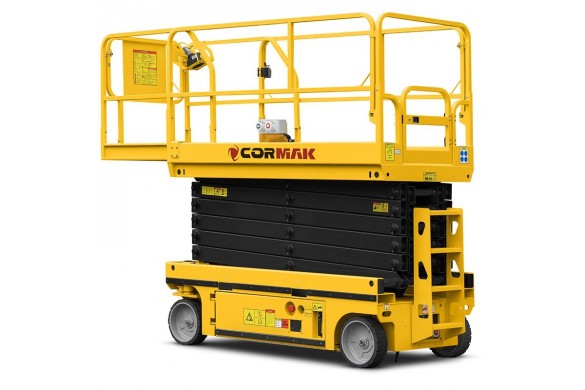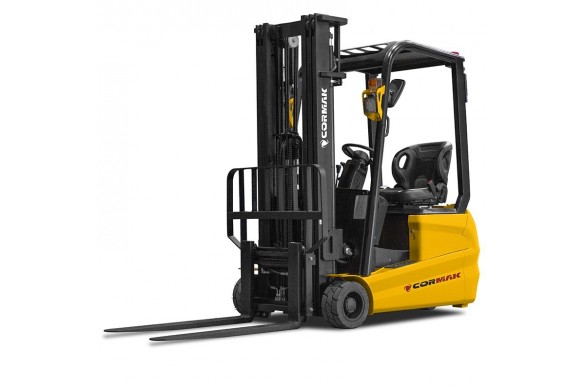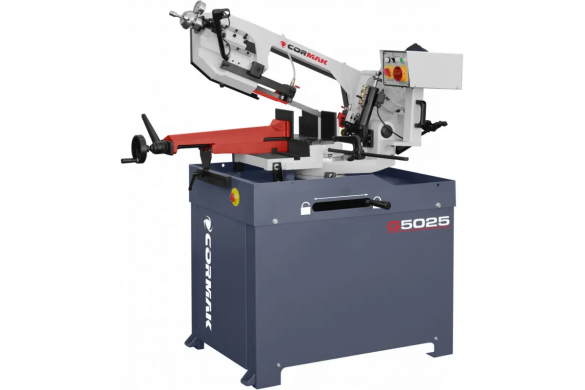Planers: an indispensable tool for woodworking

The Role of Planers in Woodworking
The goal of woodworking is to achieve smooth, even surfaces and precise dimensions. This is where planers prove to be indispensable. They are designed to remove thin layers of wood, creating a flat and uniform surface. From furniture production to preparing wooden panels for construction projects, planers are a fundamental tool that ensures consistency and high-quality results.
Functions of Planers
The main functions of planers include:
- Smoothing surfaces: Planers help achieve perfectly smooth surfaces on wooden boards, eliminating irregularities such as bumps or uneven textures.
- Thickness reduction: They ensure that wooden boards have a uniform thickness, which is crucial for projects requiring precise dimensions.
- Edge smoothing: Certain types of planers, such as jointers, are excellent for smoothing and straightening edges, allowing for perfect fitting of elements.
- Shaping: Advanced planer models can shape wood into specific contours, making them ideal for complex projects.
Thanks to these functions, planers save time while delivering professional results.
Types of Planers
Selecting the right planer depends on the requirements of a specific project. Here are the most commonly used types:
- Jointers: Ideal for leveling and straightening wooden board surfaces. They ensure perfectly flat boards, which is essential in furniture production and construction projects.
- Thickness planers: Designed to achieve a uniform board thickness along its entire length. Indispensable for producing wooden elements with identical dimensions.
- Combination planers: These versatile machines combine the functions of a jointer and a thickness planer, making them an ideal solution for workshops with limited space.
- Industrial machines: Designed for large-scale projects, equipped with advanced features that allow for high-load operations while maintaining precision.
Applications of Planers
Planers are used in many woodworking projects. Here are some of the most common applications:
- Furniture production: Ensuring smooth, uniform surfaces for tables, chairs, and cabinets.
- Construction: Used for preparing beams and boards for structural applications.
- Interior finishing: Facilitating the production of wooden elements such as floors, wall panels, and decorative details.
- DIY projects: Allow hobbyists to work with precision comparable to professional workshops.
- Mass production: In industrial environments, planers are crucial for manufacturing large quantities of uniform wooden components.
Benefits of Using Planers
Why should every woodworker invest in a planer? The benefits are numerous and convincing.
First and foremost, planers offer exceptional precision, enabling projects to be executed with unparalleled accuracy. This level of detail enhances both functionality and aesthetics of the final product.
Additionally, they are highly efficient, automating the process of smoothing and shaping wood, significantly reducing the time and effort required for manual processing.
The versatility of planers makes them an essential tool for a wide range of applications—from small DIY projects to large-scale industrial production. Their adaptability allows them to meet different requirements, regardless of the scope of work.
Another significant advantage is the high quality of machining. Planers provide smooth, uniform surfaces that not only enhance the wood's appearance but also improve its strength and durability.
Finally, planers are highly economical. By maximizing raw material usage and minimizing waste, they represent an investment that yields significant savings in the long run.
Why Choose Cormak Planers?
As a manufacturer of industrial machines, Cormak offers a wide range of planers tailored to the needs of both professionals and hobbyists. Our collection includes jointers and thicknessers designed for durability, precision, and efficiency.
Conclusion
Planers are undoubtedly an essential tool in woodworking. They offer unparalleled precision, efficiency, and versatility. Whether you are crafting custom furniture or working on large industrial projects, choosing the right planer can take your woodworking skills to the next level.





